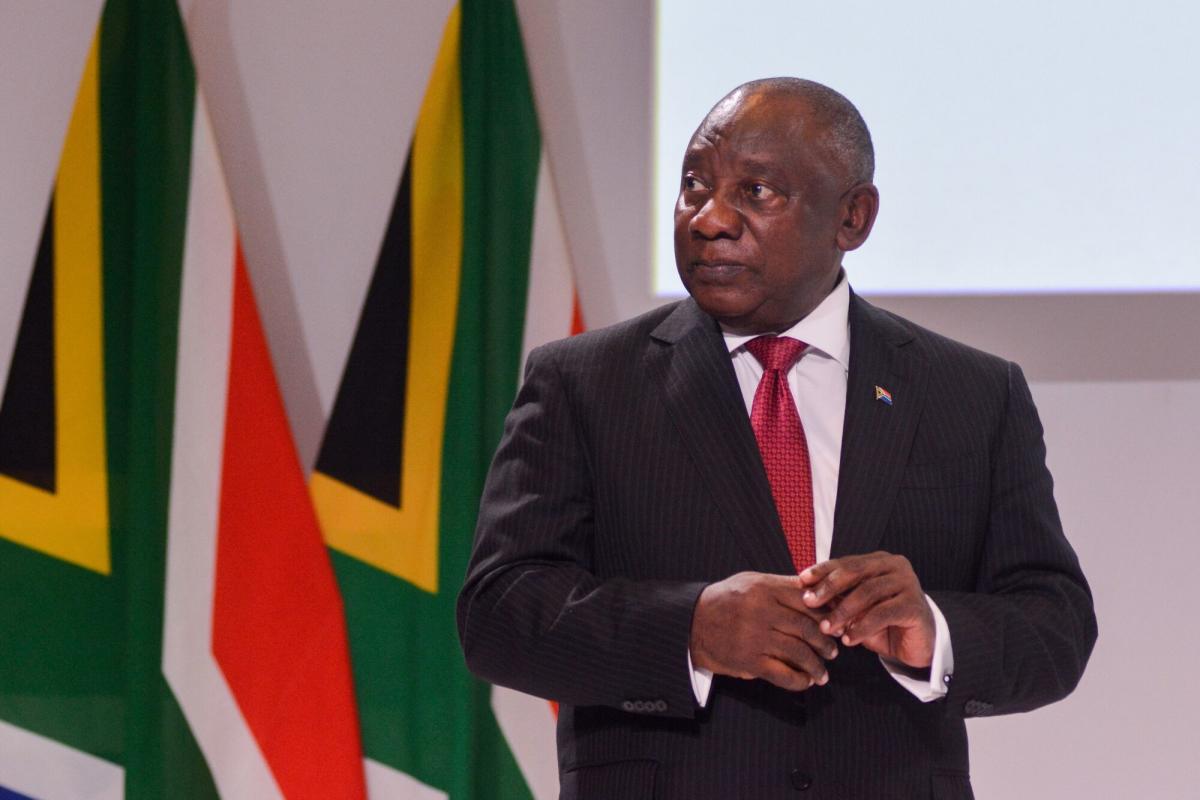World markets experienced some relief as the bond squeeze eased, with investors eagerly awaiting signals from the Federal Reserve conference in Jackson Hole and hopeful for a resurgence of the early-year AI craze. President Xi Jinping's attendance at the BRICS summit in South Africa also provided some positivity for China's economy.
Indian Prime Minister Narendra Modi expressed his support for the expansion of BRICS membership, while Chinese President Xi Jinping called for the process to be accelerated, potentially boosting the group's global influence and countering the dominance of the Group of Seven. Several nations have shown interest in joining, with China taking the lead in pushing for expansion. However, India has advocated for a cautious approach due to concerns that the bloc may become influenced by its neighbor.
The BRICS 2023 Summit saw the expansion of the alliance with the addition of six countries, potentially leading to a shift in the global economic order and significant de-dollarization efforts, while notable absences by Vladimir Putin and Chinese President Xi Jinping raised concerns, and China and India made progress in their border talks.
Chinese Premier Li Qiang will attend the G20 Summit in India, while President Xi Jinping will not be present due to China's policy of not sending its two most powerful leaders abroad at the same time.
The absence of President Xi Jinping from the G20 summit and the expansion of the Brics bloc highlight the declining interest of non-Western powers in Western-led institutions, signaling a shift towards alternative economic and financial arrangements.
Chinese President Xi Jinping's decision to skip the G20 summit in India may be linked to internal politics and a recent dressing down from retired party elders, as China grapples with economic and social turmoil.
China's President Xi Jinping is shifting away from the aggressive "wolf warrior" diplomacy and positioning China as a global peacemaker, seeking alliances with the West and Asia, possibly due to economic challenges and a desire to establish more partnerships internationally.
Chinese President Xi Jinping will host the leaders of heavily indebted nations, Zambia and Venezuela, for state visits to China, prioritizing bilateral diplomacy over participation in the G-20 summit in India, symbolizing China's preference for conducting diplomacy on its home soil or within groups where it holds more influence.
Venezuelan President Nicolas Maduro seeks China's support to join BRICS and believes that the relationship between China and Venezuela can strengthen both BRICS and the China-CELAC group.
US President Joe Biden had a non-confrontational conversation with Chinese Premier Li Qiang at the G20 summit, discussing stability and issues in the Southern Hemisphere, while Biden also highlighted China's economic challenges, including a sluggish real estate sector and high youth unemployment.
Brazil President Luiz Inacio Lula da Silva's proposal for a shared currency among the BRICS nations has been met with skepticism due to logistical and political challenges, with differing levels of enthusiasm among the other leaders and the dominant position of the US dollar in global trade.
Chinese President Xi Jinping faces numerous challenges, including economic troubles, natural disasters, community dissent, and international conflicts, as he continues to centralize power, leading to signs of dissatisfaction and potential issues ahead.
